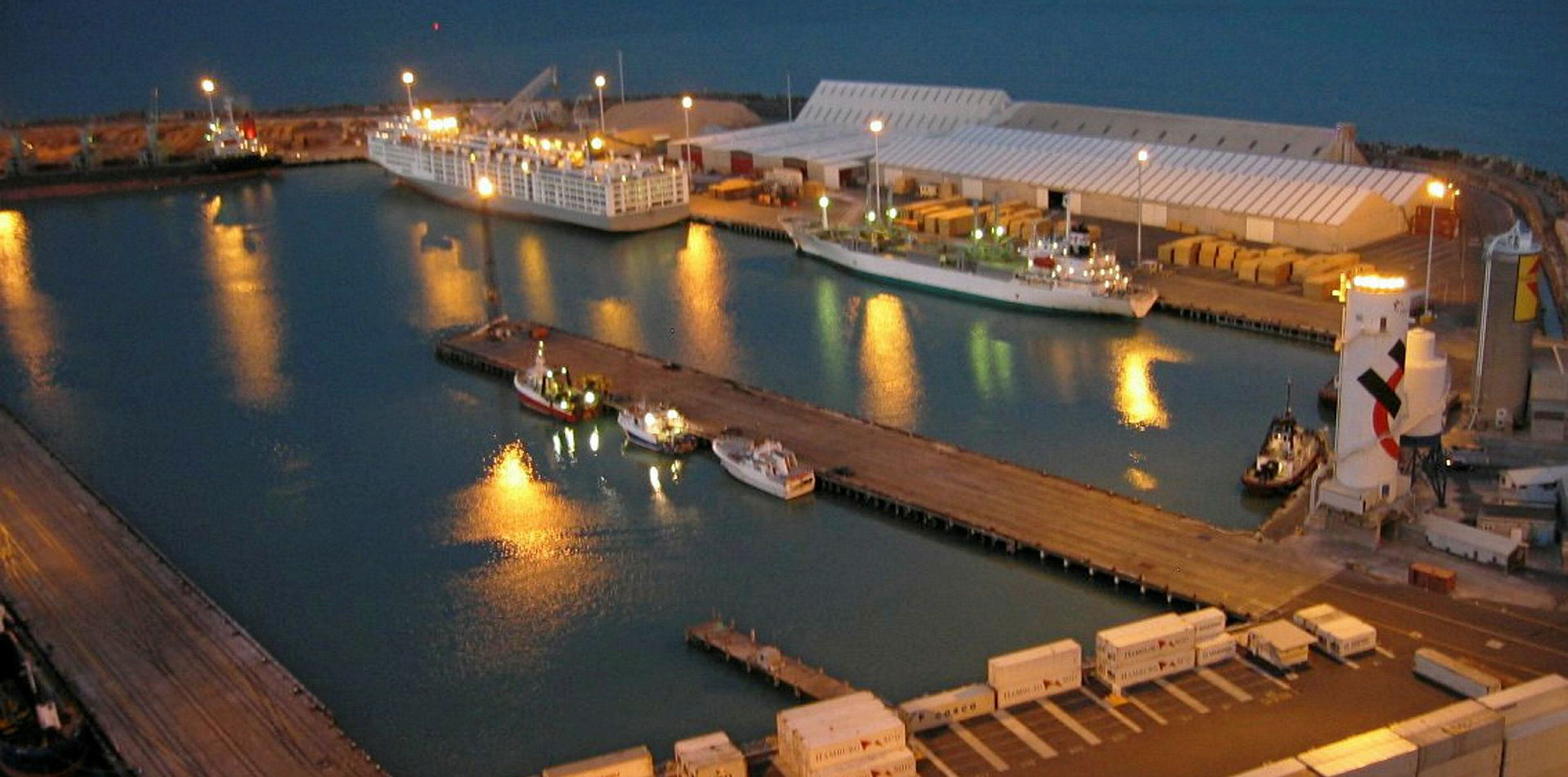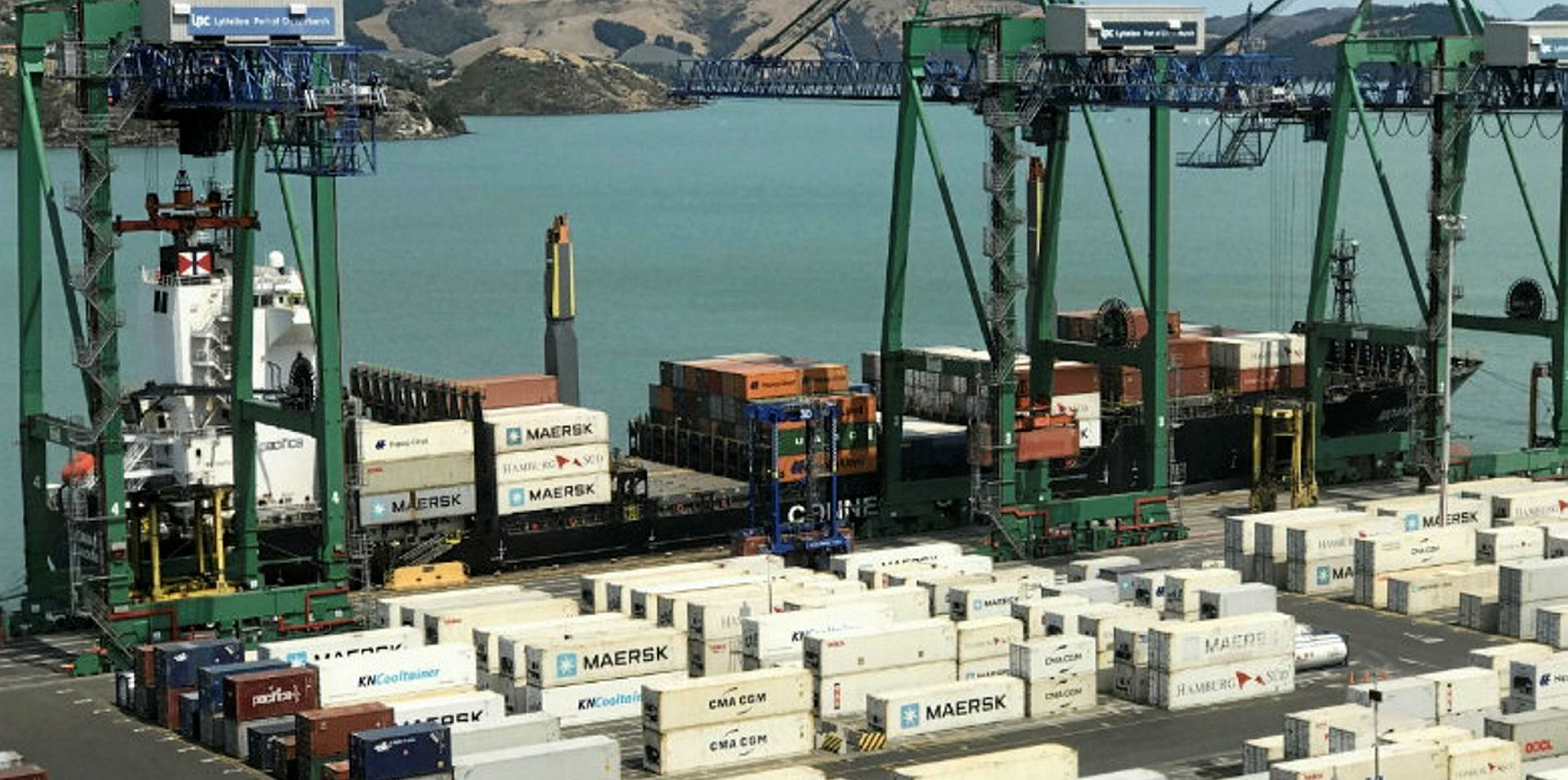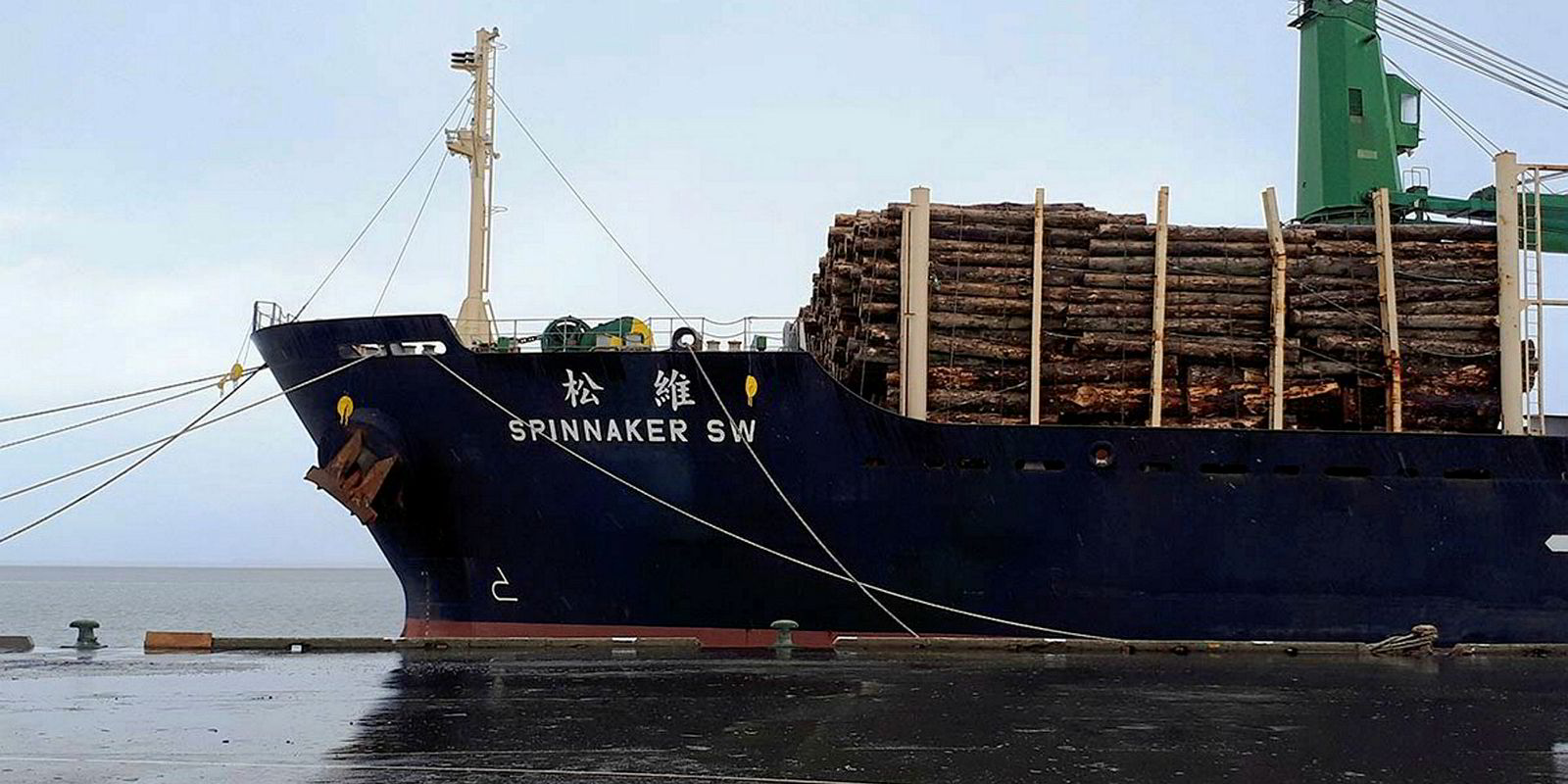New Zealand has promised further support for seafarer welfare in the wake of a critical report by Human Rights at Sea.
In a report last week, the UK-based charity claimed the long-term maintenance of seafarers’ centres remains under “constant threat” due to the lack of financial and logistical sustainability.
“As an island nation heavily reliant on international maritime trade, New Zealand is very conscious of seafarers’ vital contribution to the international shipping services that support this country’s growing economy,” Nick Brown, deputy chief executive, system performance and governance, at the Ministry of Transport, told TradeWinds.
“The Ministry of Transport recognises, in turn, how important it is that seafarers receive the shore-side support they need.
“We appreciate that arrangements which have been serviceable in the past are coming under increasing pressure as times change.”
Brown admitted that the rapid growth of the cruise industry has “clearly imposed heavy demands” on local seafarer welfare organisations, as it has done elsewhere.
“We are conscious that the issues raised in the Human Rights at Sea report are not confined to New Zealand, and have followed the efforts of the International Seafarers’ Welfare Assistance Network to encourage shipowners, ports and governments worldwide to improve support for seafarer welfare services.”
The ministry has also had discussions with the New Zealand-based Seafarers Welfare Board to “gain a better understanding” of the services its provides and the issues it faces.
“Bearing these factors in mind, we are currently exploring alternative funding arrangements to see what is feasible,” Brown told TradeWinds.
“This includes looking at what can be done under existing maritime legislation to help alleviate the situation.”
The ministry has also been collaborating with ports around New Zealand to explore what support they can provide to these organisations on an informal and voluntary basis, as this is recognised as a legitimate alternative to regulation under the Maritime Labour Convention.
However, Brown said calls for an updated compulsory port levy system would require new empowering legislation to be introduced, which is a “lengthy process with a long lead time before any measures could be actualised”.
This approach might not be the “most efficient way to raise revenue”, as opposed to, for example, either a voluntary scheme, or bringing seafarer welfare services within the umbrella of the existing maritime levy system for shipping, although this may also require changes to regulation.
With Covid-19 likely to reduce cruise activity in the short term at least, Brown said this “created a window” within which to keep working with the ports, the Seafarers Welfare Board and other relevant parties towards a “good, long-term solution".







